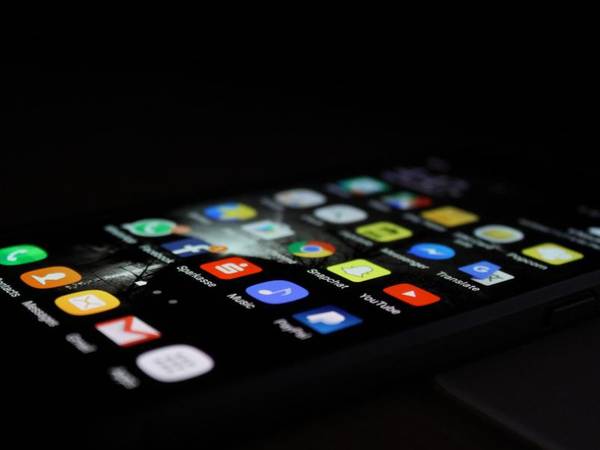A day after the Iranian government announced the lifting of restrictions on WhatsApp and Google Play, media and users erupted in outrage, accusing it of hypocrisy following the release of a 32-point plan to tighten and compartmentalize Internet access.
The lifting of Google Play restrictions changes little, as Iranians in the country remain unable to make purchases on the platform due to international banking limitations imposed by both the Iranian government and US sanctions.
Mehr News Agency, which published portions of the 32-point plan, quoted social media users stating that lifting the ban on WhatsApp and Google Play does little to help thousands of Iranian businesses operating on Instagram and Telegram, which remain inaccessible without the use of filter-breakers, otherwise known as circumvention software. The government’s ultimate plan is to establish more monitoring of users and controlled Internet access.
Hundreds of social media users noted that the declaration by the government did not change anything about its censorship of the Internet as although people can use WhatsApp for messaging, for all other platforms they still need to use VPNs to circumvent the censorship.
Iran began aggressively blocking websites in early 2,000s, even before the rise of social media, citing political and religious reasons. The beginning of blocking websites in Iran dates to 1998 and the reformist government of Mohammad Khatami. With the increased use of home internet in Iran, Ali Khamenei issued the "General Policies about Computer and Information Networks," which was subsequently implemented by the government with the objective of filtering of the Internet and overseeing the activities of Internet service providers (ISPs).
For over two decades, most independent Iranian news and political websites have remained inaccessible. Starting in 2009, Western social media platforms, including Facebook, were also blocked. In response, most Iranians turned to circumvention tools, such as VPNs, to bypass digital censorship.
In 2014, Hassan Rouhani's government launched the "Intelligent Internet Filtering" plan, further restricting Iranians' access to the Internet. After the 2017-2018 protests, Telegram and Instagram were also blocked. During the nationwide internet shutdown in the November 2019 protests, the government escalated its efforts to block websites and applications, aiming to disrupt protest organization, and hinder the mobilization of demonstrators.
Meanwhile, as some pro-government reformist newspapers such as Arman Melli ran headlines like "The filtering has been broken," others, including the reformist daily Etemad, emphasized that this is merely "a first step in a gradual move to lift the filtering" and urged the nation to "wait for the next step."
According to the plan, in the "next step" platforms such as YouTube might be made accessible through an added local layer or shelf that checks the users' identity and monitors what they upload and download.
Conservative newspapers, including Jam-e Jam, which is affiliated with Iran's state television, warned the government that cyberspace must be "governed" with stricter controls.
Prominent economic journalist Maryam Shokrani criticized the move on X, writing: "Are you kidding the people? We always need foreign filter-breakers to access most applications, and then have to turn them off to use Iranian banking and other apps. What has changed now…?"
Akbar Montajabi the editor-in-chief of centrist daily Sazandegi, who has over 11,900 followers, wrote on the same platform: "What has been done is good but insufficient as a first step." He advised the government: "Do not worry about lifting the filtering. Worry about losing the people's trust and your social capital."
Internet security expert Amir Nazemi, who has over 24,000 followers, analyzed the development from a political perspective. Writing on X, he said: "Filtering, slowing down Internet speeds, and cutting off access (as seen during the 2019 protests and afterward) were all tactics implemented with the Supreme Leader's approval. His signature remains on the ratification by the Supreme Council of National Security. With yesterday's decision, Mr. Khamenei has, for the first time, reversed one of his domestic political decisions. This is unprecedented and the only aspect of this development that carries real news value."
Meanwhile, Filterbaan, an account with around 12,000 followers which advocates digital and internet access rights in Iran explained that what has been already done in the first of a three-step plan, and wrote that the plan is not meant to facilitate Internet access. It is rather meant to make it even harder based on the 32-point plan drawn by the Supreme Council of Cyberspace.
